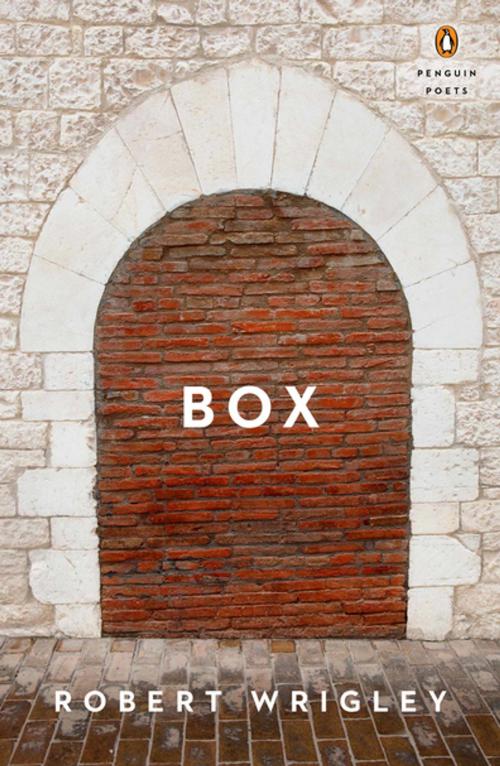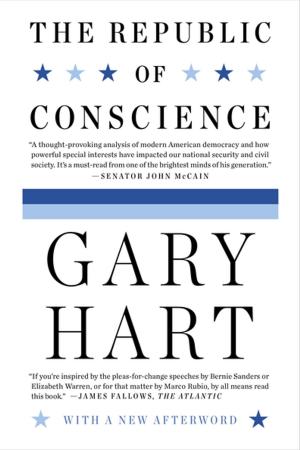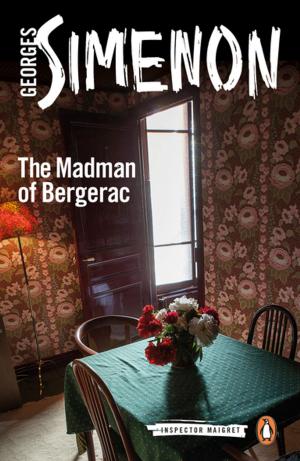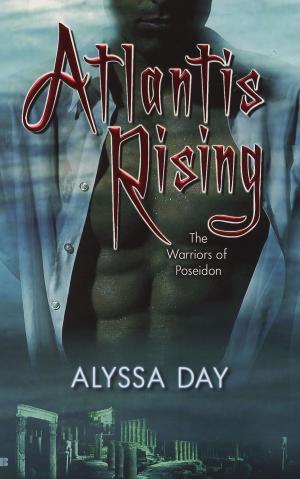| Author: | Robert Wrigley | ISBN: | 9781524704131 |
| Publisher: | Penguin Publishing Group | Publication: | March 28, 2017 |
| Imprint: | Penguin Books | Language: | English |
| Author: | Robert Wrigley |
| ISBN: | 9781524704131 |
| Publisher: | Penguin Publishing Group |
| Publication: | March 28, 2017 |
| Imprint: | Penguin Books |
| Language: | English |
A powerful new collection from an acclaimed, award-winning poet
With nine previously published collections of poetry, Robert Wrigley has become one of his generation's most accomplished poets, renowned for his irony, power, and lucid style and for his ability to fuse narrative and lyrical impulses.
Wrigley's tenth collection, Box, is a book of poems obsessed with human containment, with the way people are contained or confined—by time, mortality, technology, identity, culture, and history—in almost everything they are and everything they do. Even the body, even the poem itself, is in this regard a kind of self-containing crate, in which the human being, perhaps the human spirit, is shipped into the world at large. But Box is also a book obsessed with escape from containment, and escape comes from dreams, from deep awareness, from contemplation, from love, and above all, as Wallace Stevens insisted, from "the imagination pressing back against the pressure of reality." The poems in Box aim to do nothing less than "help people live their lives," as Stevens put it.
A powerful new collection from an acclaimed, award-winning poet
With nine previously published collections of poetry, Robert Wrigley has become one of his generation's most accomplished poets, renowned for his irony, power, and lucid style and for his ability to fuse narrative and lyrical impulses.
Wrigley's tenth collection, Box, is a book of poems obsessed with human containment, with the way people are contained or confined—by time, mortality, technology, identity, culture, and history—in almost everything they are and everything they do. Even the body, even the poem itself, is in this regard a kind of self-containing crate, in which the human being, perhaps the human spirit, is shipped into the world at large. But Box is also a book obsessed with escape from containment, and escape comes from dreams, from deep awareness, from contemplation, from love, and above all, as Wallace Stevens insisted, from "the imagination pressing back against the pressure of reality." The poems in Box aim to do nothing less than "help people live their lives," as Stevens put it.















